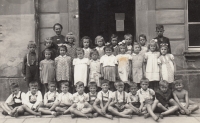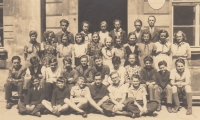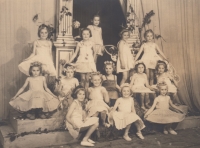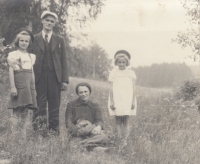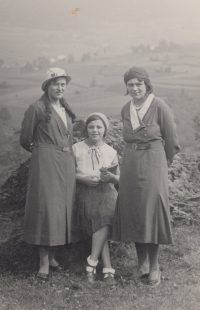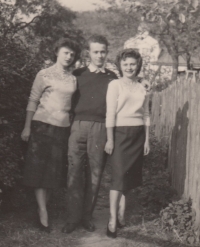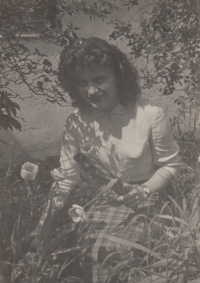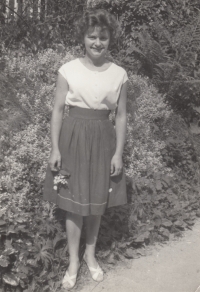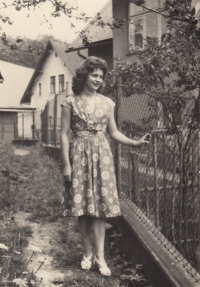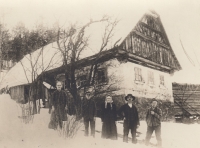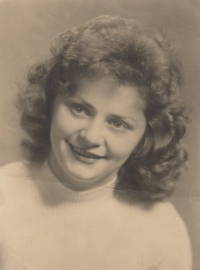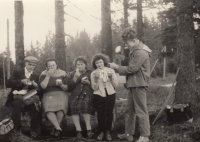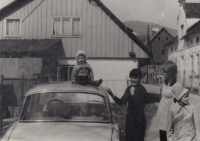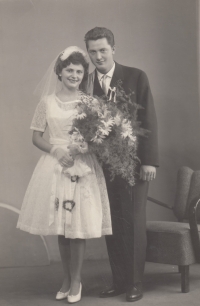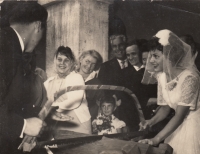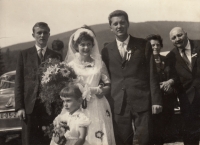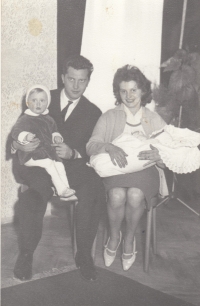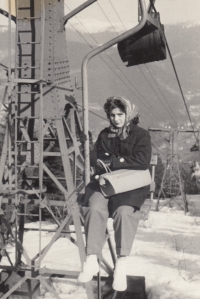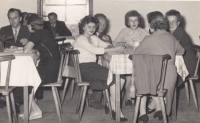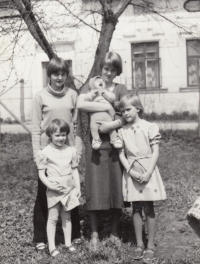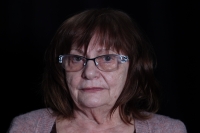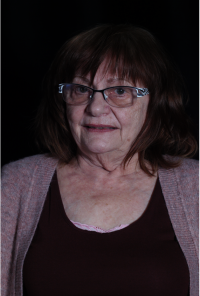When the Soviets left, it was once again quiet in Červená Voda

Download image
Marie Ohlídalová was born on 9 December 1941 in the settlement of Žalý in the Giant Mountains. After the end of the war, she and her parents moved to Vrchlabí where there were many abandoned houses left by German citizens. Her school years were affected by World War II and Marie was supposed to start working when she was only thirteen and half years old. At last, she had to wait several months, and then she started to work at Tesla company in Vrchlabí. She soon met her future husband Miloslav and when she was twenty-one, she moved to Červená Voda in the Eagle Mountains with him and they still live there. It was in the village which lies at the Bohemian-Moravian border where Marie experienced a huge shock - the arrival of the Soviet army which stayed in Červená Voda for more than twenty years. She started to commute to Letohrad in the 1970s where she studied at evening school for five years. She and her husband raised three daughters. The departure of the occupants from the village in 1991 meant for Marie a joyful and fundamental life experience although plundering the barracks was part of it.
